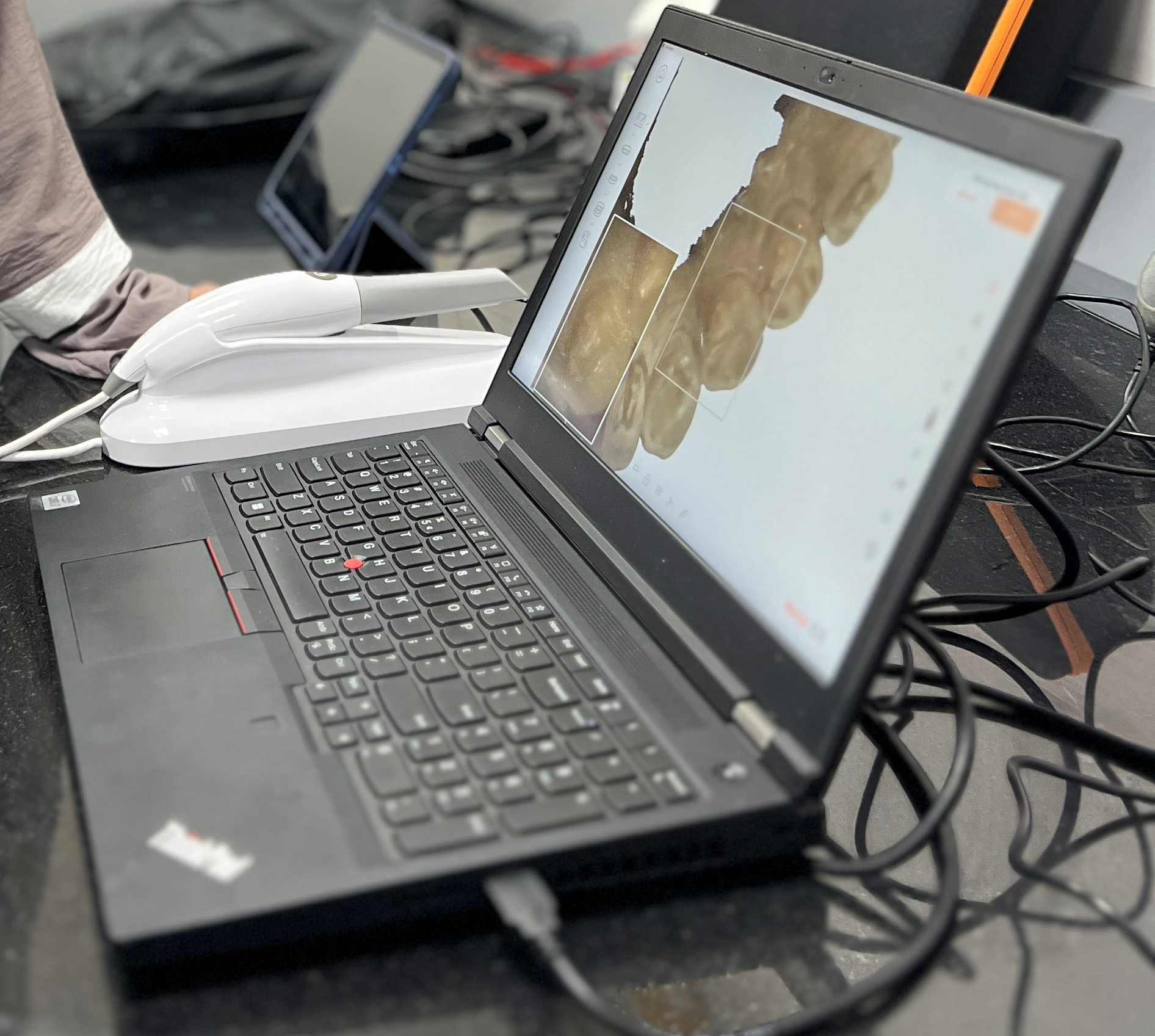Judicial pronouncements have authoritatively laid down that there is no constitutional prohibition in utilizing private higher education as a means to achieve the constitutional vision of social, economic & political justice. The next immediate question is whether privatization of higher education would help us attain this vision? If yes, then what are the challenges & limitations of privatized higher education? Whether some reasonable restrictions are necessary to enable private higher education to achieve its avowed objectives? In doing so, what should be the guiding principle to balance the claims of private players vis-a-vis those reasonable restrictions? How should the State adjust to the reality of privatization of higher education without compromising its fundamental obligations towards weaker sections of society? In order to explore an answer to these questions one needs to understand why & to what extent public higher education failed to achieve the constitutional vision which made it inevitable to barter it with private higher education.
An ontological study of public higher education in India would reveal that from the very beginning it was designed to reproduce preexisting social hierarchies, which was done in two ways. Firstly, by strategic exclusion of the subaltern mediated by caste, gender and linguistic identities from the realm of higher education. Secondly, by controlling pedagogical content with an elaborate State apparatus ostensibly meant for regulation of higher education. The first result was achieved by the denial of universal & common schooling, preference of English over vernacular and careful inaction to support the subaltern so that they never get to acquire the so called “merit” which was and continues to be sine qua non for entry & satisfactory performance on the anvil of higher education. In order to conceal this structural design of exclusion through denial of meaningful education it was sanctified by glamorous declaration of Article 15 that public educational institutions have been thrown open to all citizens irrespective of religion, race, caste, sex, or place of birth. In practice, the subaltern was systematically condemned to a life without education & dignity.
From the above analysis it is clear that from its inception public education involved two substantive issues which prevented constitutional vision from being realized in a progressive manner. First issue is the question of representation of the socially, educationally and economically disadvantaged sections in spaces of higher education. Second issue is the question of space for critical pedagogy. On both counts public higher education failed miserably until the neo-liberal intervention in the form of private higher education came to substitute it. Therefore, the ontology of private higher education can be developed with the help of these two issues identified as central concerns of the debate regarding reasonableness of constitutional restrictions on private players of higher education. If the two issues identified here are not effectively addressed by privatized higher education then its ontology is not likely to be very different from public higher education. For this purpose it is necessary to understand judicial behavior in the field of higher education with the object of visualizing its realistic trajectory vis-a-vis the issue of representation. In this process, the problems of meritocratic judiciary which has failed to address the issue of representation within the annals of higher judiciary itself might emerge as subsidiary but key issue. In reality, judicial behavior in the field of higher education is shaped by its non-representative character. There is one consistent trend since independence, that is every institution whether public or private when qualified by the expression “higher” (education, judiciary, bureaucracy, business, media or academia) came to acquire non-representative character & this trend held up the progressive realization of noble constitutional vision of an egalitarian India.
Author:
Dr. Ayaz Ahmed, Associate Professor, Unitedworld School of Law (UWSL)
Disclaimer: The opinions / views expressed in this article are solely of the author in his / her individual capacity. They do not purport to reflect the opinions and/or views of the College and/or University or its members.






